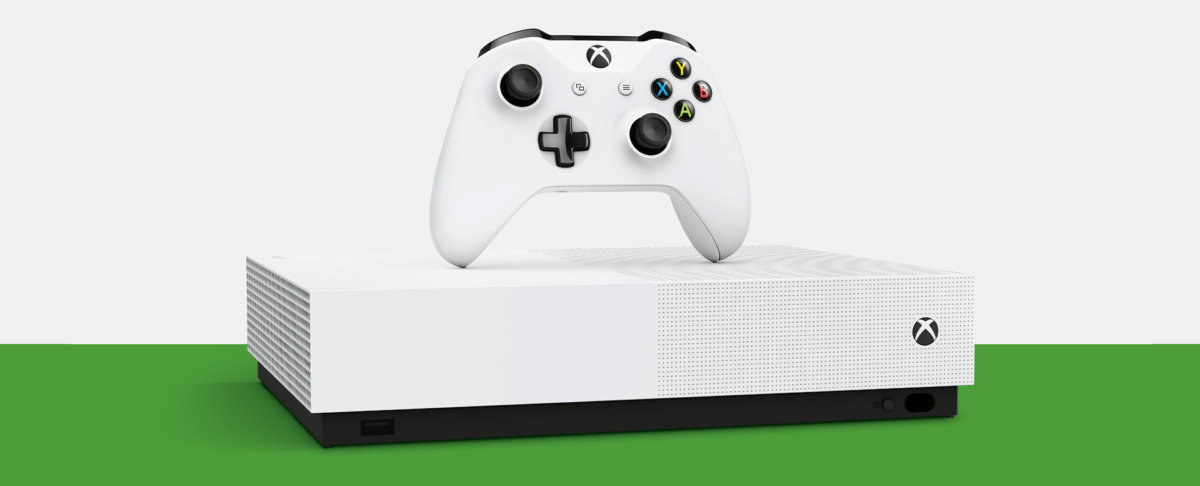
Video Game Addiction Now Considered an Official Illness by the World Health Organization
Addiction to video games is now considered a mental health disorder.

The World Health Organization (WHO) added video game addiction to its International Classification of Diseases (ICD) in an update Saturday, according to a new report from CNET.
The WHO”s International Classification of Diseases is an exhaustive index of 55,000 injuries, diseases and causes of death. It has been updated over the past 10 years and is used by medical professionals worldwide.
“Gaming disorder” is filed under the “disorders due to addictive behaviour” section of the ICD. It’s described as “a pattern of persistent or recurrent gaming behavior, which may be online or offline, manifested by impaired control over gaming, increasing priority given to gaming to the extent that gaming takes precedence over other life interests and daily activities and continuation or escalation of gaming despite the occurrence of negative consequences.”
The behaviour pattern is of sufficient severity to result in significant impairment of personal, family, social, educational, occupational, or other important areas of functioning.
While video game addiction is not a common problem, with only 3 percent of gamers being classified as addicts, the WHO’s recognition of the issue will certainly allow for more exposure worldwide.
It’s important to keep in mind that while video game addiction is certainly an issue, it’s not affecting everyone who loves gaming. “People need to understand this doesn’t mean every child who spends hours in their room playing games is an addict, otherwise medics are going to be flooded with requests for help,” says Dr. Joan Harvey, an addiction expert.
A lobbying group for the video game industry pushed back on the new classification, saying video games are “enjoyed safely and sensibly by more than 2 billion people worldwide” and noting that the “educational, therapeutic, and recreational value” is widely recognized.
The updated ICD containing the new classification will be presented at the annual World Health Assembly held this month. The classification will not be adopted until 2022.

